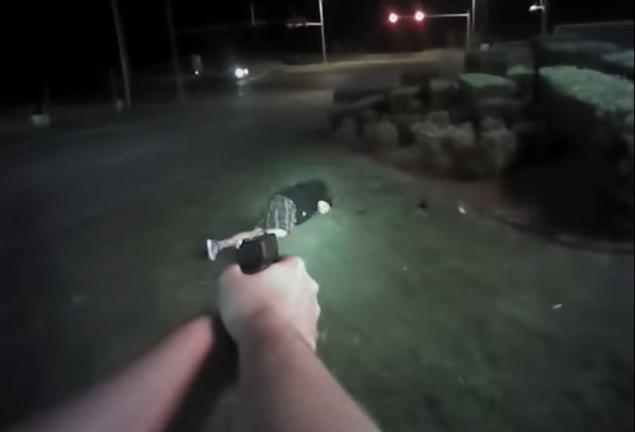Legislation produced and given quick initial approval by a state House panel last week would prohibit public disclosure of most body camera recordings made by Tennessee law enforcement officers for at least a year — and potentially keep video of police misconduct under wraps for even longer.
The move has drawn protests from open government advocates and the American Civil Liberties Union. The bill’s sponsor, House Republican Caucus Chairman Glen Casada of Franklin, said he is not happy with the measure himself and will go “back to the drawing board” to negotiate over revisions in coming days.
As approved by the House State Government Subcommittee, the measure, HB876, would declare a general one-year “moratorium” on public disclosure of any police body camera footage, starting on July 1.
The measure allows public release of recordings that involve an officer’s violation of a law enforcement agency’s administrative policy or “alleged use of unlawful or unnecessary force in violation of state law or the Fourth Amendment to the Constitution of the United States” — but only after completion of “any investigation” into the individual case as well as completion of any trial or disciplinary proceeding involving the recording — which would take months at minimum and more likely years.
The result would be “to close indefinitely public access to body camera footage related to questions of excessive use of police force or police misconduct,” the Tennessee Coalition on Open Government said in a statement opposing the bill as approved.
Casada told the subcommittee the idea is to use the moratorium year to conduct a full study of the issue and return to the General Assembly with a comprehensive overhaul of state law on body cameras in 2017. His own goal, Casada said, is to protect the privacy of “innocent bystanders” who happen to be on hand when a police camera recording is made, especially children.
The subcommittee’s chairman, Rep. Bill Sanderson, R-Kenton, questioned the urgency of acting now, saying he would prefer to wait for (continue reading)
